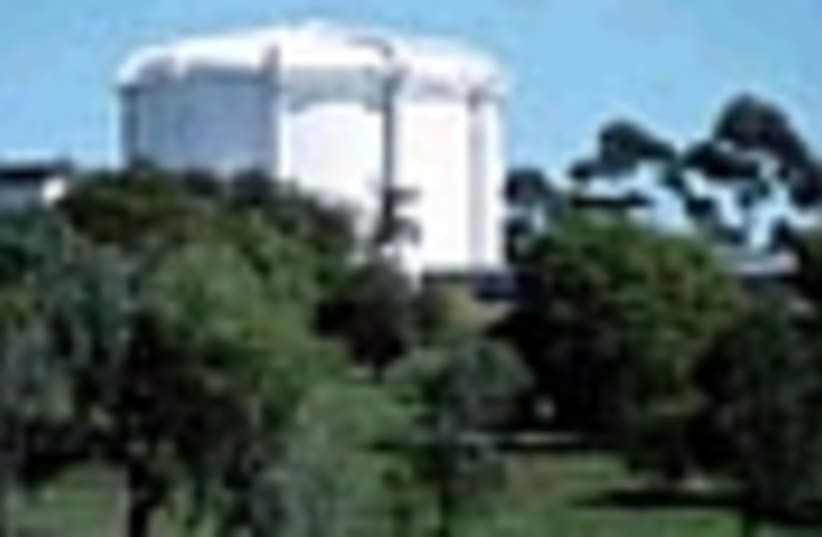| More about: | Sydney, Osama bin Laden, New South Wales, 2000 Summer Olympics |
Terror suspects said nabbed near Sydney nuclear reactor
Three men stopped in a car near nuclear facility at Lucas Heights in December 2004.


| More about: | Sydney, Osama bin Laden, New South Wales, 2000 Summer Olympics |